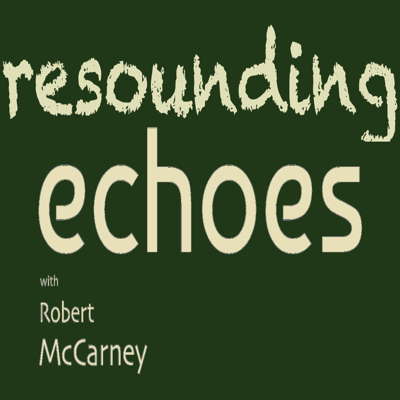 MET STARS: From 2002 until 2021 the late Maria Nockin reported from Arizona, mostly on live opera productions.
MET STARS: From 2002 until 2021 the late Maria Nockin reported from Arizona, mostly on live opera productions.
Conlon Nancarrow
'... the greatest discovery since Webern and Ives ... something great and important for all music history!' - György Ligeti
Composer Conlon Nancarrow was born in Texarkana, Arkansas, USA on 27 October 1912. He played trumpet in a jazz band as a young man, then studied music in Cincinnati, Ohio and then in Boston, Massachusetts with Roger Sessions, Walter Piston and Nicolas Slonimsky.
Whilst in Boston, Nancarrow met Arnold Schoenberg (in 1933) and also joined the Communist Party. He went to Spain to fight against Franco with the Abraham Lincoln Brigade.
After returning to the USA and learning that Brigade colleagues' US passports were not being renewed, he moved to Mexico in 1940 to escape harassment, and became a Mexican citizen in 1956. Largely ignored by the Mexican musical establishment, he lived most of the rest of his life in isolation, adapting Ampico reproducing pianos and punching piano roles using a manually operated machine to produce music which was unplayable by human performers. He's best remembered for these extraordinary player piano studies, which explore sliding changes of tempi, jazz rhythms, and complicated mathematical tempo relationships.
By the 1980s, having become better known, he was considered one of the most significant composers of the twentieth century. A MacArthur Award in 1982 encouraged him to write for live instrumentalists and ensembles.
Nancarrow continued to live at Las Águilas in Mexico City until his death on 10 August 1997.
A selection of articles about Conlon Nancarrow
Spotlight. Contrasting Elements - Geoff Pearce gradually discovers the charm and skill of music by Justin Connolly. '... beautifully played.'
Simultaneous Beethoven - Endre Anaru listens to all the Beethoven symphonies simultaneously
CD Spotlight. Zapped Fugues - Michael Kieran Harvey's tribute to Frank Zappa impresses Gordon Rumson. 'The virtuosity is astounding.'
CD Spotlight. Poignant Sounds - String quartets by Peter Garland, heard by Patric Standford. '... remote and apparently disengaged ...'



